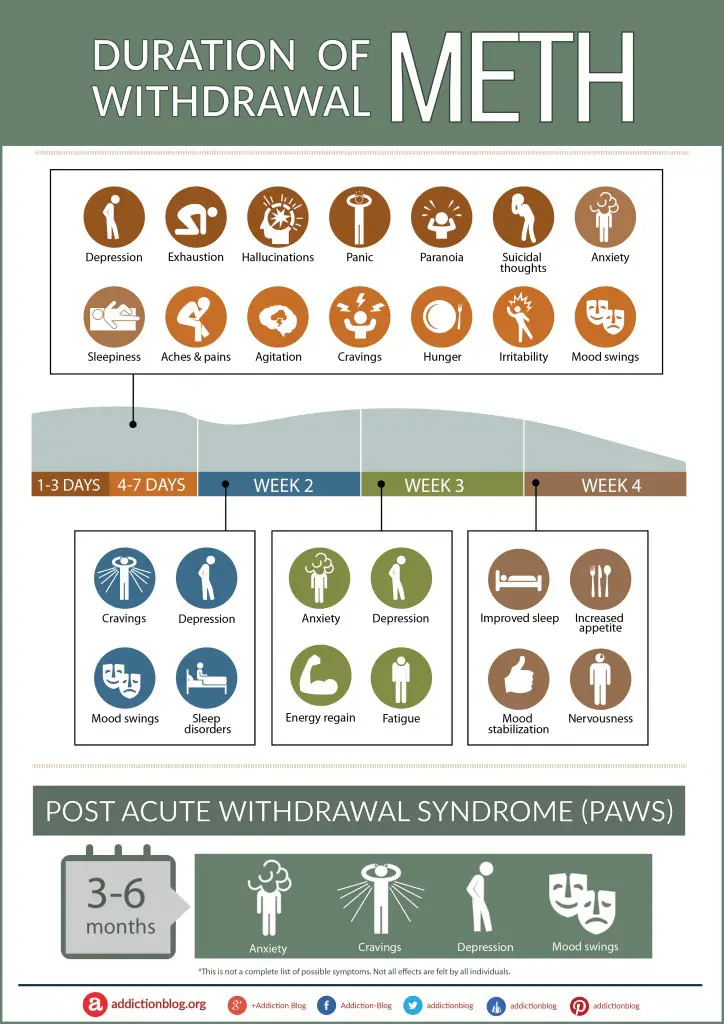Break free from the grip of ice addiction with professional and compassionate support.
Crystal meth, also known as ICE, is a stimulant drug. Stimulants speed up the messages travelling between the brain and the body. Speed is a powdered form of ice and is not as strong or as addictive. When using ice, the brain releases a chemical known as Dopamine. Dopamine is released during pleasurable activities such as eating and sex. Having just one hit of ice releases 10 times the amount of dopamine as sex.
Flooding the brain with this much Dopamine can overload the brain and cause users to be unable to sleep for days and can even cause psychosis. It also changes the pleasure pathways in the brain and rebuilds them to expect huge amounts of dopamine, this means activities that the user used to find pleasurable such as picnics, spending time with loved ones or skateboarding, no longer interest them.
It can take up to 12 months for dopamine receptors to return to normal.
Taking steps to attend rehab group sessions, counselling, and the knowledge you can learn at Seahaven Private, can set you up for success.
We provide accessible, evidence-based tools to help:
Manage addictive behaviours
Make healthy choices
Move toward resilience, peace, and success in life.

Effects of Ice / Methamphetamines Addiction

Short-Term Effects of Ice/Methamphetamines
The effects of Ice can last for up to 12 hours, and it might be hard to sleep for several days after using the drug.
Effects may include:
- feelings of pleasure and confidence
- increased alertness and energy
- repeating simple things like itching and scratching
- enlarged pupils and dry mouth
- teeth grinding and excessive sweating
- fast heart rate and breathing
- reduced appetite
- increased sex drive
- snorting Ice can damage the nasal passage and cause nose bleeds.

Long-Term Effects of Ice/Methamphetamines
Those who use a large amount or use regularly may see the following effects:
- extreme weight loss due to reduced appetite
- trouble concentrating, restless sleep
- dry mouth and dental problems
- regular colds or flu
- breathlessness, muscle stiffness
- anxiety, paranoia, and violent behaviour
- depression
- heart and kidney problems
- increased risk of stroke.
High doses of ice and frequent use may result in a psychological condition known as ‘ice-psychosis’, characterised by paranoid delusions, hallucinations, bizarre, aggressive, or violent behaviour. These symptoms usually disappear a few days after the person stops using ice (adf.org.au).
Regular users may also feel they need ICE to get through their daily routines. They can become stressed easily and have frequent mood swings. These side effects can cause anxiety and depression, which can remain for several months after quitting. This is why support such as rehab is so important during this time.

Coming Down
It can take up to two weeks to come down from ice. During this time, the user may feel completely exhausted, anxious, socially awkward, and uncomfortable in their own skin.
Users may also experience the following:
- difficulty sleeping or exhaustion
- headaches, dizziness, and blurred vision
- paranoia, hallucinations, and confusion
- irritability and feeling depressed or down.
Some people may attempt to use alcohol, cannabis, or benzodiazepines such as Valium to try and negate the negative effects of coming down. This can result in a cycle of dependence on both types of drugs.
Combining cannabis with methamphetamines can place enormous stress on the body and may result in overdose. The stimulant effects of methamphetamines can mask the effects of the depressant drugs.
The information above is adapted from: adf.org.au.

Withdrawal
Withdrawal can be difficult as the body needs time to readjust after being dependent on Ice. Withdrawal symptoms are usually at their most intense in the first week. Then they tend to settle down for approximately one month until they disappear entirely.
Some of the symptoms can Some of the symptoms may include:
- cravings for Ice
- increased appetite
- confusion and irritability
- aches and pains
- exhaustion
- restless sleep and nightmares
- anxiety, depression, and paranoia.
The above information adapted from: adf.org.au

Overdose
If you take a large amount of ice or have a strong batch, you could overdose.
Call triple zero (000) for an ambulance immediately if you or another person have any of the following symptoms.
Remember, ambulance officers, do not have an obligation to involve the police. Your wellbeing and safety is their paramount concern:
- racing heart and chest pain
- breathing problems
- fits or uncontrolled jerking
- extreme agitation, confusion, clumsiness
- sudden and severe headache
- passing out or unconsciousness
- stroke or heart attack.
Call triple zero (000) for an ambulance immediately if you or another person have any of the following symptoms.
We believe that change and growth are possible for everyone as long as they are committed to recovery.
We acknowledge the diversity in the nature of individuals and the many aspects of their lives; physical, psychological, spiritual and social.
We tailor our drug and alcohol rehab programs to each client’s individual needs. Taking a holistic approach, we aim to address the underlying issues driving addiction.